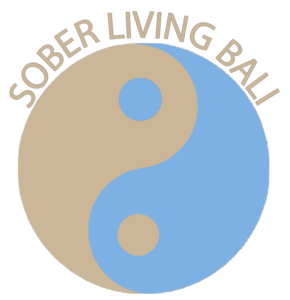Depression and alcoholism are two interwoven battles that often consume individuals, leaving them trapped in a devastating spiral of despair. However, there is a glimmer of hope for those struggling with these afflictions. By breaking free from alcohol’s grip, individuals can embark on a transformative journey towards recovery, healing, and a brighter future. In this blog post, we will explore the profound impact that stopping drinking can have on individuals battling depression, and how it can lead to a life of renewed purpose and joy.
The Vicious Cycle of Depression and Alcoholism
Depression and alcoholism often coexist, exacerbating each other’s effects and leading to a destructive cycle. Individuals with depression may turn to alcohol as a temporary escape from their emotional pain, seeking solace in its numbing effects. However, the relief is short-lived, and alcohol ultimately intensifies the symptoms of depression, deepening feelings of hopelessness, isolation, and despair. This toxic cycle perpetuates itself, driving individuals further into a dark abyss.
Alcohol’s Impact on Mental Health
Alcohol is a depressant that directly affects the brain’s neurotransmitters, altering the delicate balance of chemicals responsible for regulating mood and emotions. Prolonged alcohol abuse can lead to chemical imbalances, exacerbating depressive symptoms and triggering anxiety disorders. Moreover, alcohol impairs sleep, disrupts cognitive function, and hampers the body’s ability to cope with stress, all of which contribute to the worsening of depression.
Breaking Free: The Benefits of Sobriety
1. Physical Well-Being: Sobriety brings numerous physical health benefits, such as improved sleep patterns, increased energy levels, enhanced immune system function, and better overall organ function. These improvements lay the foundation for mental well-being and help individuals regain control over their lives.
2. Mental Clarity: Without the fog of alcohol, individuals experience increased mental clarity and emotional stability. They can confront the underlying issues causing their depression, engage in therapy or counseling, and develop healthy coping mechanisms to manage their emotions.
3. Emotional Healing: Sobriety allows individuals to address the root causes of their depression and confront the emotional pain they have been avoiding. Through therapy, support groups, and self-reflection, they can heal wounds, develop resilience, and rebuild their self-esteem.
4. Rediscovering Joy: Alcohol numbs not only the pain but also the ability to experience joy and happiness. As individuals embrace sobriety, they rediscover simple pleasures and find new passions and interests that bring fulfillment and meaning back into their lives.
Recovery from depression and alcoholism is a challenging but rewarding journey. It requires commitment, self-compassion, and a strong support system. Seeking professional help, joining support groups, and surrounding oneself with understanding and encouraging individuals can provide the necessary tools and support to navigate this path towards a brighter future.
Depression and alcoholism are formidable adversaries, capable of robbing individuals of hope and joy. However, by breaking the cycle of alcohol abuse, individuals can embark on a transformative journey towards healing, self-discovery, and a life filled with renewed purpose and happiness. Remember, it is never too late to choose sobriety and reclaim your life from the clutches of darkness.

